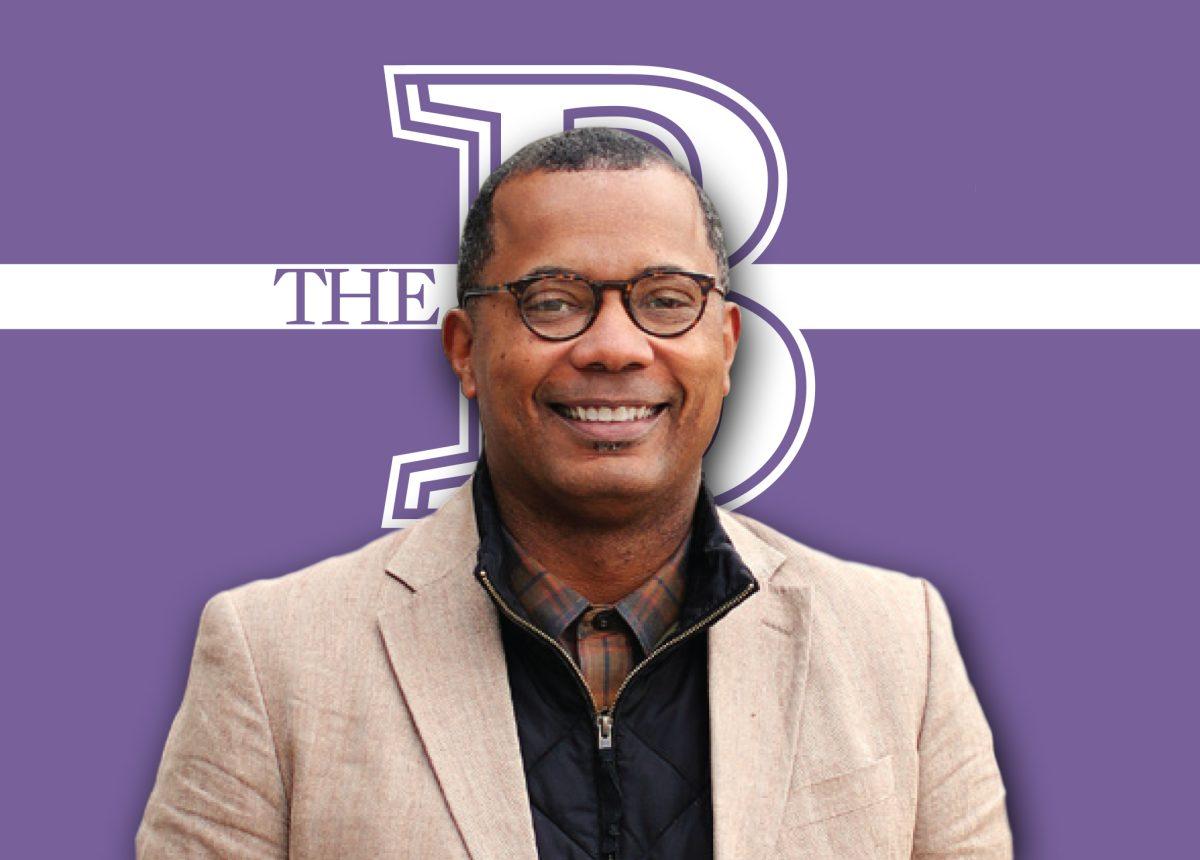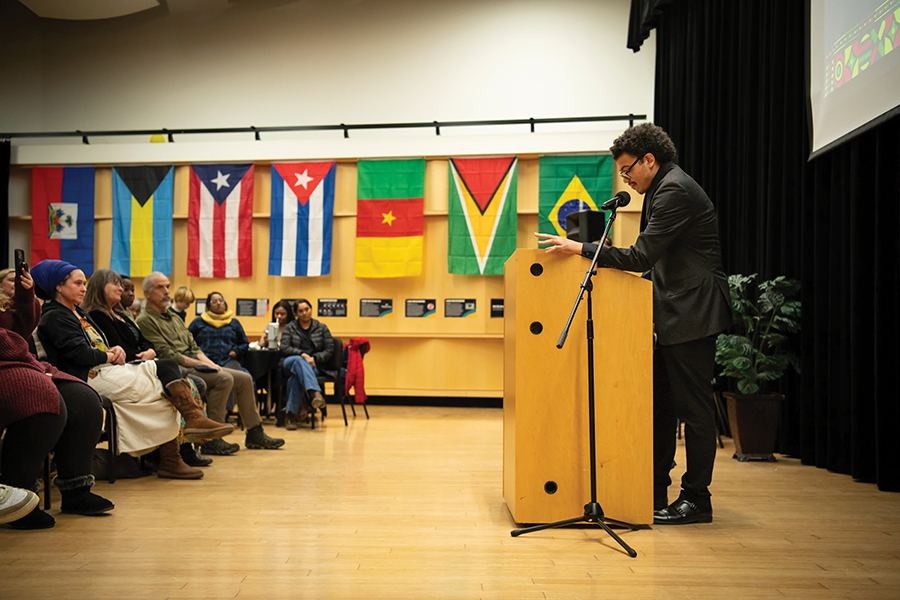By Marcus LeGrand | The Broadside (Contact: m[email protected])
Over the years, I’ve worked with students from all corners of this state and country, ranging from the rich to the poor, the apologists, and the dreamer, all with the excitement to broaden their horizons.
Many had stories of failure and perseverance while others were appreciative of their overall effort and upbringing. Some knew what they planned to achieve from the moment they arrived at my desk as a counselor and mentor, while others needed time to figure it out.
When we sat to construct a plan; ultimately, we wanted to find out what kind of citizen, neighbor, friend and person they want to be. The process was dedicated to building nurturing and intellectual curiosity, debate, and independent thought. This developed further learning, hard work, and effort.
Sadly, the challenge came when students spoke of giving up, moving on, and never pursuing a career. Others would look at their peers with envy and jealousy, not understanding that their progression in life had merit and you cannot judge based on unknown facts.
One of the fastest ways to disarm a person’s fear or defensiveness about their own privilege is to take some time to listen to the ways in which they legitimately do not have privilege and validate those frustrations. Many see privilege as this dirty little secret that has omnipotence to make anything happen, but forget that everyone has fixed traits that require improvement.
However, many of the students I communicate with regularly at Central Oregon Community College seem to have to this cloak of invincibility concealing their own difficulties. It is as if the struggle is a part of their everyday makeup, used to deflect or hide their pain.
Some folks become defensive discussing privilege because they fear such a conversation will not address the real and powerful ways in which they do not have privilege. These individuals deflect by only talking about minimum successes or the accomplishment of others. They don’t realize that successful individuals and leaders possess this quality of growth and achievement only if they are willing to understand that privilege is truly relative.
That is not to say, though, that privilege bears the same weight or social responsibility as the privilege that my skin color, gender, wealth, or sexual orientation afford me. The point is that our identities are complex and intersectional, and that allows everyone to achieve more in their lives. When people are feeling paralyzed by or defensive about the revelation of privilege though, it is good to offer this small piece of advice:
Listening is the root of solving the simplest of issues, and if you are committed to diversity and inclusion rather using a system of oppression, we can take the steps toward liberation together. We can make this conversation one that is not only accessible, but far more powerful.
If you have any comments or concerns, feel free to email me at [email protected]. ■














